
Behar: The Best Father Ever
From this portion, we learn that we are like children to G-d, who loves us like His only child, and misses us just like a father whose little son was lost…

At the end of this week’s Torah portion, which talks mainly about the laws of the Sabbatical year and the Jubilee year, the Torah says: “For the Children of Israel are servants to Me, they are My servants, whom I have taken out of the land of Egypt – I am Hashem, your God” (Chapter 25, Verse 55).
Rabbi Natan explains that this is the aspect of the exchange which Rebbe Nachman tells about in his story, the Exchanged Children, where the son of the maidservant and the son of the king were exchanged at birth. The son of the king grows up not knowing who he really is. People mistakenly think that the body is the king over the soul. However, in truth, the opposite is the case. The true king is our neshama, our soul. Our body was created to serve as a vessel for our soul, and not the opposite. Just as the servant needs to serve his master and do his will, so too, our body needs to serve our soul.
Rabbi Natan adds that even though it’s praiseworthy to serve Hashem and do His will despite our struggles with the physical desires of the body, that is really not the greatest level which we can obtain. The highest level a person can obtain is when their body and physical desires become so subdued to the will of their soul, that the body also wants to do only what the neshama wants to do, which is to serve Hashem. This is the highest aspect of being the children of Hashem which we can obtain, that our only will is to do the will of our King (Likutei Halachot, Laws of the Morning Blessings, 3rd teaching).
How do achieve this level in practice? How do we return to our true role in life of being children to the King and making our soul the king over our bodies and physicality?
Rebbe Nachman discusses in several places in his book Rebbe Nachman’s Wisdom (Sichot HaRan) our relationship with Hashem as our father. He says that it’s very good when a person can pour out his words before Hashem in supplication, like a son who is longing for his father (7th teaching). He also describes having a broken heart like a son longing for their father, or like a small child who is crying because his father went away (42nd teaching). Being the children of Hashem means that we have an eternal bond of love with Him, and we are truly longing to be close to God, just like a small child longs to be close to his parents.
Rabbi Shlomo Katz, a teacher and musician here in Israel, is giving daily, short video teachings about the special attributes of the Sefirat HaOmer, the special mitzvah of counting the 49 days between Passover and Shavuot. Each week has a special attribute to it, and each day contains a more detailed aspect of this character trait. This week is the week of netzach, eternity. He says that an aspect of chesed sh’b’netzach, the kindness of eternity, is that Hashem is always there for us. He is eternal and it is a tremendous kindness that we can always turn to Him in prayer.
Rebbe Nachman taught his students and anyone who learns his teachings to speak to Hashem every day, in their own words. He gave us the incredible gift of personal prayer. When we make this a part of our lives every day, we begin to re-discover our true connection to Hashem, that we are His children, the children of the King, and that He loves each and every one of us like His only child. We merit to develop and re-discover a close relationship with Hashem. We feel his help and protection. We can tell Hashem anything, like a true, good friend (as Rebbe Nachman described personal prayer to his student Rabbi Natan). We discover the true and eternal love which exists between us, and we begin to feel again like the children of the King. When a child truly feels how much their parents love them and that they only want the best for them, in return they too want to help their parents and do their will. The same is true in our relationship with God. Hashem is pained by our distance from Him, he wants us to be close to Him, just like a parent who is longing to see their child again after a long separation.
We should all merit to know how much Hashem loves us as His children, and we should fulfill the Torah and the mitzvot with joy, knowing that we are doing the will of our Father, our God!
(Inspired by the video of R’ Shlomo Katz mentioned above and a recent class by Rabbi Erez Moshe Doron)




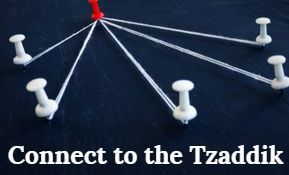

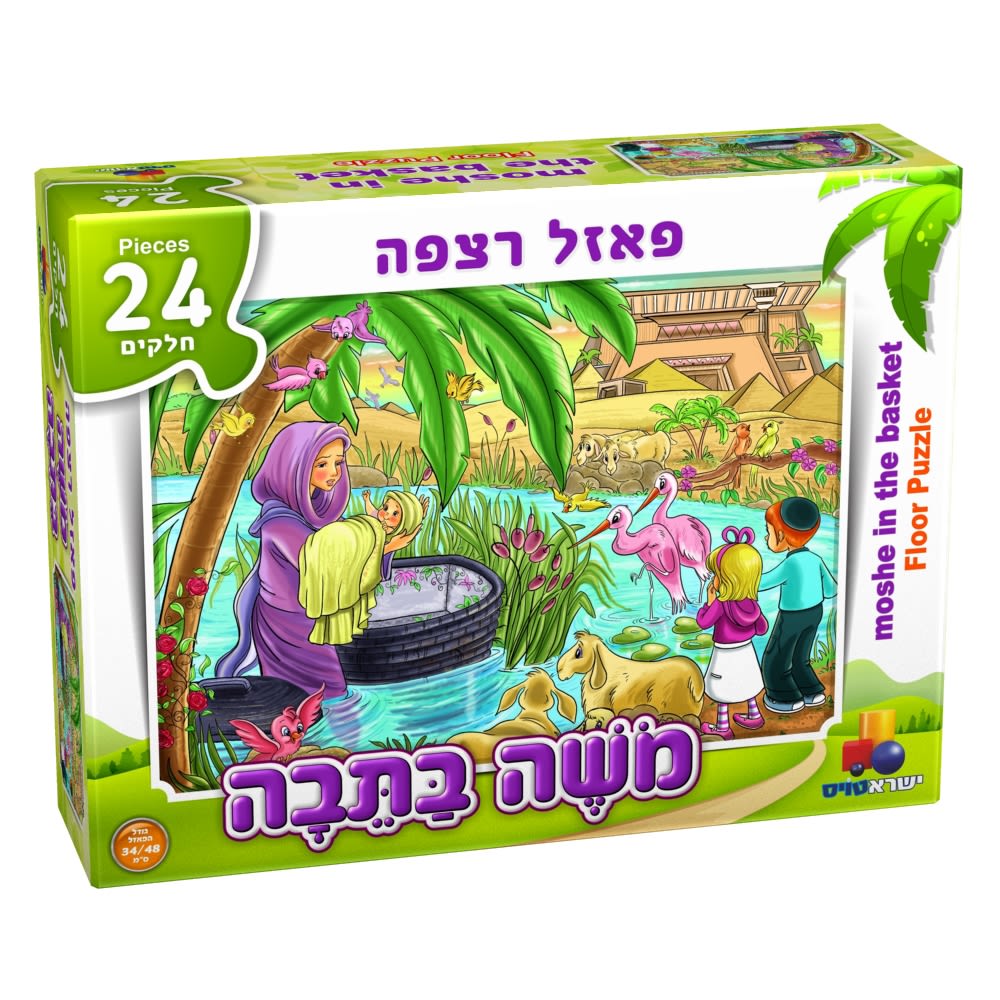
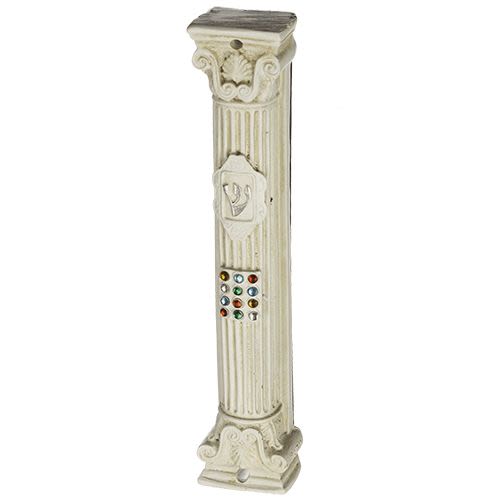
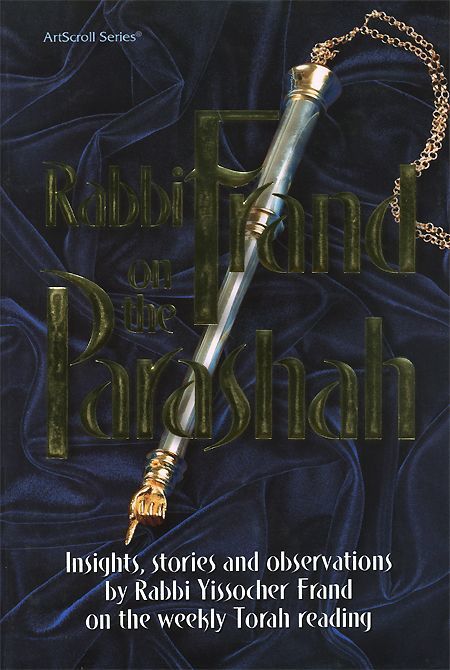
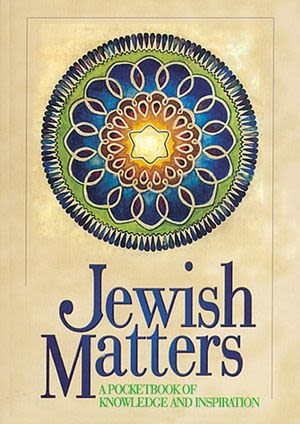
Tell us what you think!
Thank you for your comment!
It will be published after approval by the Editor.